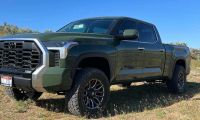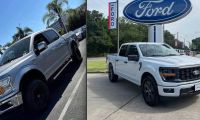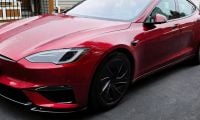South Korean imports of auto-related products totaled $920 million, generating a $10.73 billion surplus for the Asian nation.
These numbers represent a 24 percent increase over the past year, even though the South Korea U.S. free trade agreement (KORUS FTA), originally signed in 2007, has stalled due to U.S. insistence other trade issues be resolved.
Contributing to these sales was Kia’s announcement of their best year ever after increasing their market share for the 16th consecutive year.
The manufacturer reported a 25.6 percent increase in sales over the last year, a trend lead by the 13-month reign of the Sorrento CUV as their top performer.
"Kia's growth and momentum will continue in 2011 with the introduction of several new vehicles and technologies that deliver on Kia's core principles of quality, safety and value while meeting the needs of today's consumers in the areas of performance, efficiency and connectivity," according to Byung Mo Ahn, group president and CEO of Kia Motors America and Kia Motors Manufacturing in Georgia.
Meanwhile, Hyundai sales have reached record levels, soaring on the popularity of their Sonata model. This one product represented 78 percent of the brands sales last December, a 35 percent increase.
"That marks the biggest retail sales increase of any car in the entire industry, and it shows how well consumers have responded to our high-tech 4-cylinder lineup, dynamic new design and the mid-size segment's first 5-star National Highway Traffic Safety Administration crash test result,” said John Krafcik, president of Hyundai Motors America.
Though Toyota remained the number one manufacturer in U.S. sales last year (in only 11 months) the South Korean brands made market inroads as Toyota’s sales softened due to safety concerns.










